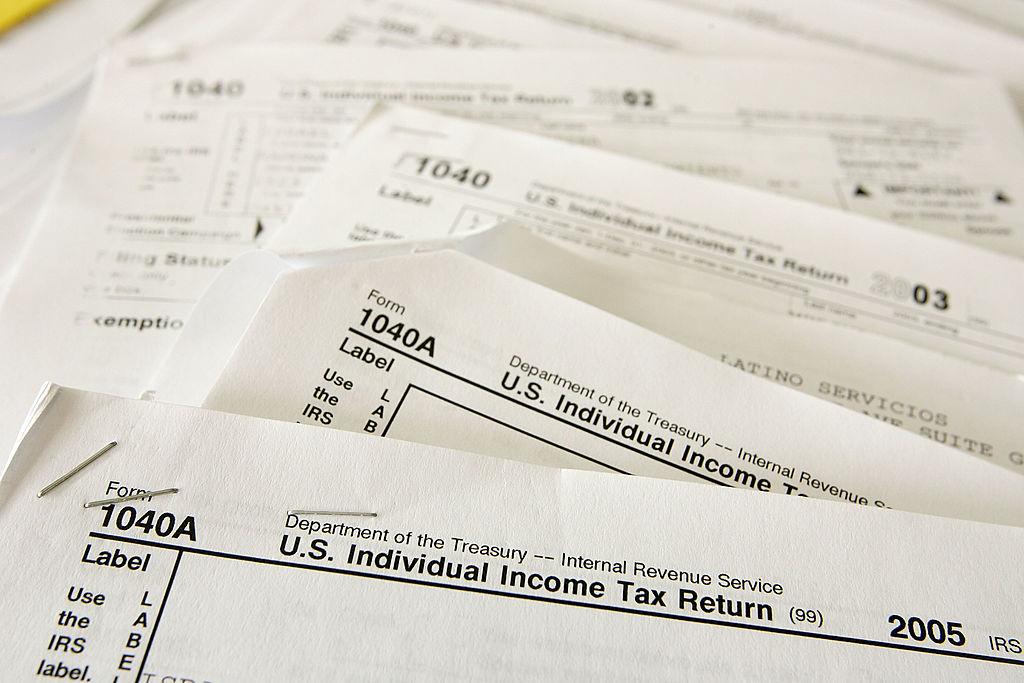For 2024, the IRS is planning to start implementing its new reporting requirement for those receiving 1099-K forms, including anyone who earns income through third-party apps.
The rule was delayed for 2023, meaning that taxpayers who are filing their returns in the coming months don’t have to adhere to the 1099-K reporting. The agency also delayed the rule in 2022.





